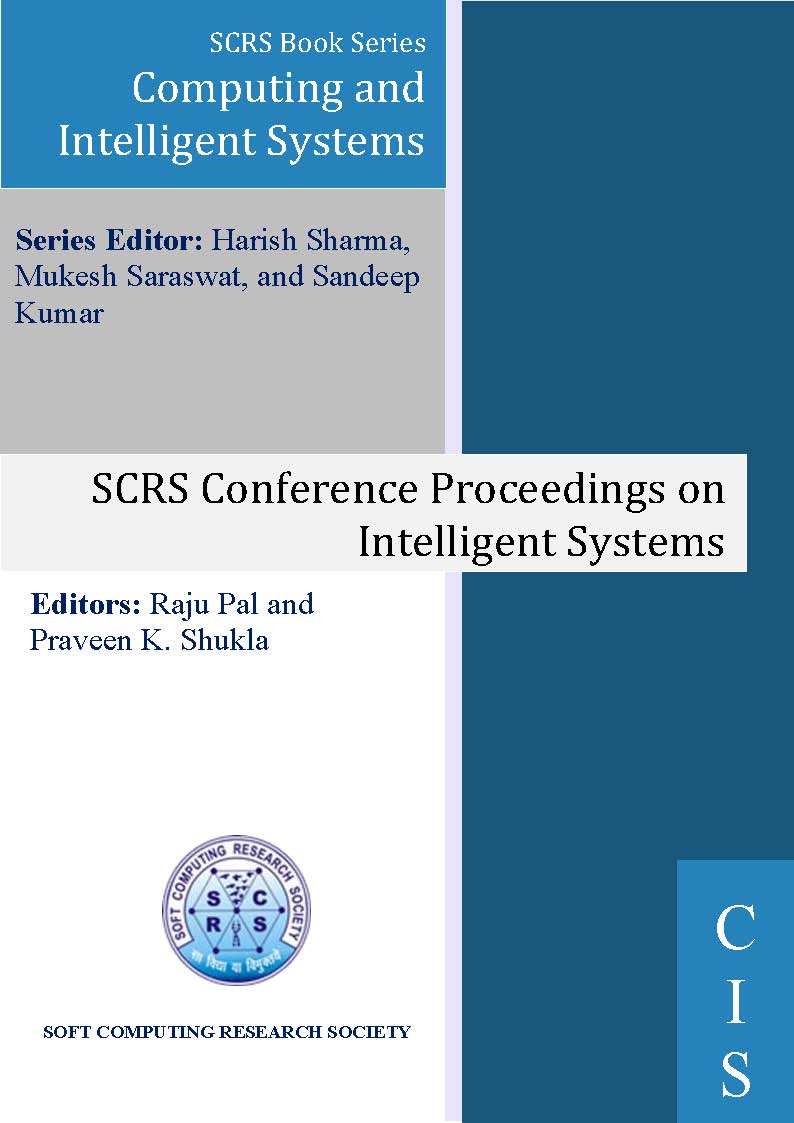
Supporting The Audial Discovering Of Space By The Blind Using An Ontology-based Map And Geographic Data From Existing Open Maps
Authors: Dariusz Mikulowski, Marek Pilski and Grzegorz Terlikowski
Publishing Date: 25-04-2022
ISBN: 978-93-91842-08-6
Abstract
In everyday life, we often encounter a situation when we want to go to a new place. In this case, we reach for one of the internet maps services, enter data about our trip and search for a new route. It is similar in the case of blind or visually impaired people (BVE). Getting to know the new route is even more essential for them because they will be able to avoid dangerous places during the travel. Moreover, thus it will be easier for them to achieve the intended destination of the trip. Unfortunately, the information taken from various dedicated GPS-based mobile applications is usually insufficient for this purpose. They need a more exact description of an environment and objects such as pedestrian crossings or entrances to shops. To enable this detailed exploration, we propose a method that consists of assigning a new route, describing it with the use of objects and assigning text descriptions and sound patterns to them. For this purpose, we use a dedicated domain ontology. Due to this, apart from the attributes such as coordinates and size, the objects have the attributes that store the appropriate exact physical location and other semantic data such as relations to other objects. These conditions are described in the ontology as corresponding relationships such as being a neighbor or being on. Such objects are also related to three-dimensional binaural sound scenes linked to ontology using a relationship called "Has-Sound-Scene". With this solution, it is possible to construct very precise descriptions of routes tailored to the specific requirements of BVE. Our concept has been implemented as a simple application that uses ontology, data downloaded from the Open Street Map and audio samples recorded with the binaural sound method. It has a mechanism for determining routes and assigning sound signals to them. The application was tested by two visually impaired users and has received positive opinions.
Keywords
Blind traveller, Object map, Ontology, Sound description of space, Finding the Routes.
Cite as
Dariusz Mikulowski, Marek Pilski and Grzegorz Terlikowski, "Supporting The Audial Discovering Of Space By The Blind Using An Ontology-based Map And Geographic Data From Existing Open Maps", In: Raju Pal and Praveen Kumar Shukla (eds), SCRS Conference Proceedings on Intelligent Systems, SCRS, India, 2022, pp. 331-338. https://doi.org/10.52458/978-93-91842-08-6-33